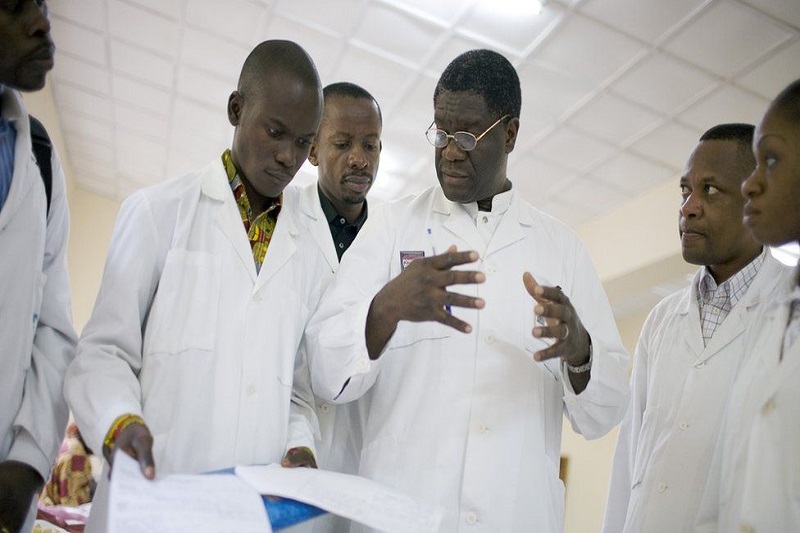Experts have predicted ahead of a significant meeting in South Africa later this year that technological innovation is going to play a significant role in improving healthcare in Africa.
This year’s Africa Health Conference, which will take place in South Africa in October, will focus on a number of important topics, including the role played by sustainable tech-driven innovations and the integration of digitisation into health policy objectives.
The conference will also cover other subjects, such as how Artificial Intelligence (AI) is used by medical professionals and how African nations are managing the recovery from COVID-19.
The event, which will feature discussions on the role played by digitisation and technology in offering new opportunities for Africa’s frequently under-resourced health systems, is expected to draw more than 8, 000 attendees from 56 nations.
In her remarks before the event, conference producer Cynthia Makarutse emphasized how technology developments are benefiting every aspect of medicine and healthcare in Africa. These include industries like pharmaceuticals, drug production, and health IT infrastructure.
Related Posts
“Ever-improving healthcare technology is presenting new chances to provide medicine, technology, and human potential to the people and locations where they are most needed,” the speaker claimed.
The demand for resilient, inclusive universal healthcare must be balanced with the reality of limited human, medical, and technical resources, Makarutse continued.
In general, healthcare on the continent is the poorest in the world, according to research by the IFC, the World Bank’s private sector arm. Despite only making up 1% of global health spending and 3% of all health workers, it is responsible for around a quarter of all disease-related disability and death worldwide.
Due to inadequate infrastructure, even the most basic medical care can be difficult to obtain. However, technological advancements like drones, smartphone apps, and computer-controlled vending machines are assisting in removing these barriers.
Africa has seen a sharp increase in smartphone adoption in recent years. By 2025, there will be more than 700 million mobile phone users on the continent, predicts the Global System for Mobile Communications (GSMA).
People are using their cellphones to receive medical diagnosis and consultations without having to go far to the nearest medical center, according to observers.
For instance, the popularity of apps like Hello Doctor has risen in South Africa. For 55 Rand ($3) per month, it provides consumers with access to vital healthcare information and a callback from a doctor. In Nigeria, mothers and expectant women can use an app like Omomi to monitor their children’s health and engage in paid live conversations with doctors.
According to Makarutse, “The development of Africa’s healthcare systems is already being driven by whole new sub-fields within the healthcare sector, such as those that have developed around these technologies.”
She added that Africa has the ability to lead in the R & D, production, and manufacture of breakthrough tech-driven healthcare solutions customized to our specific healthcare concerns, going beyond merely following the developed world.

